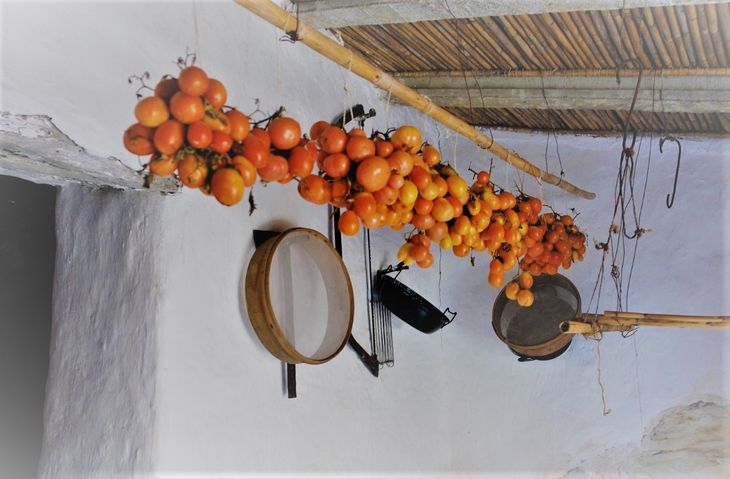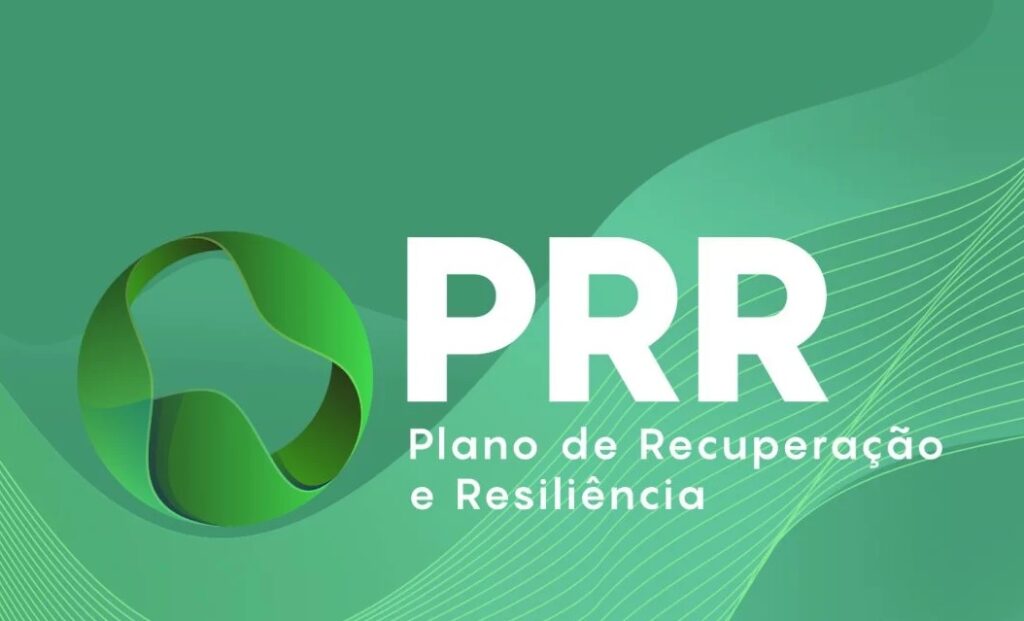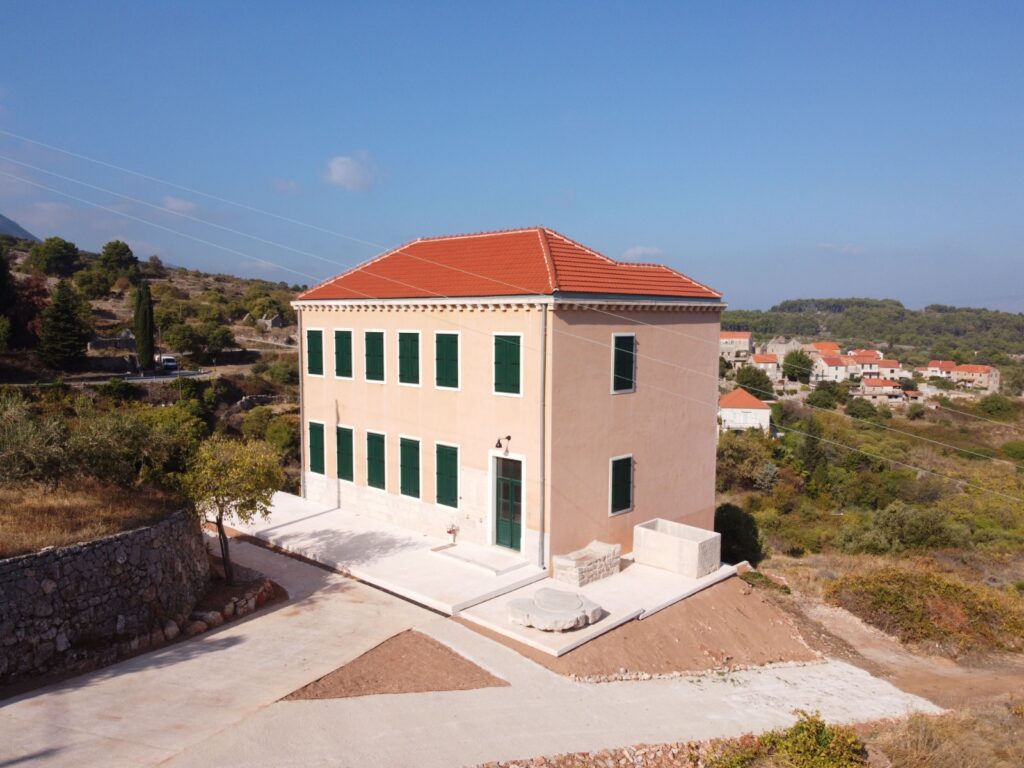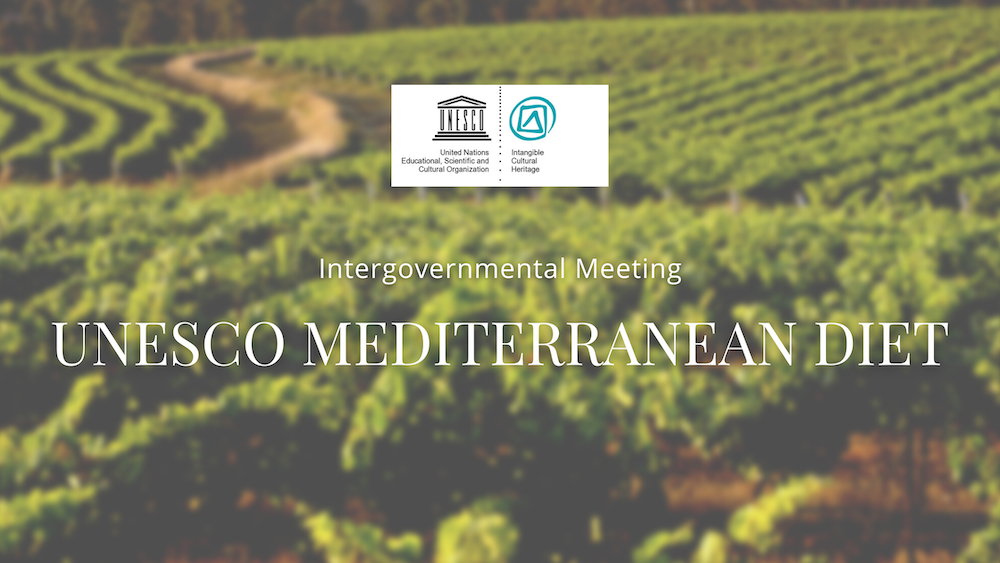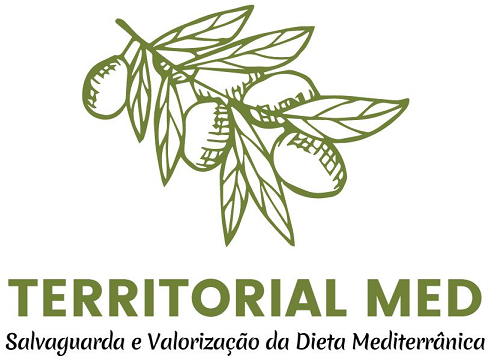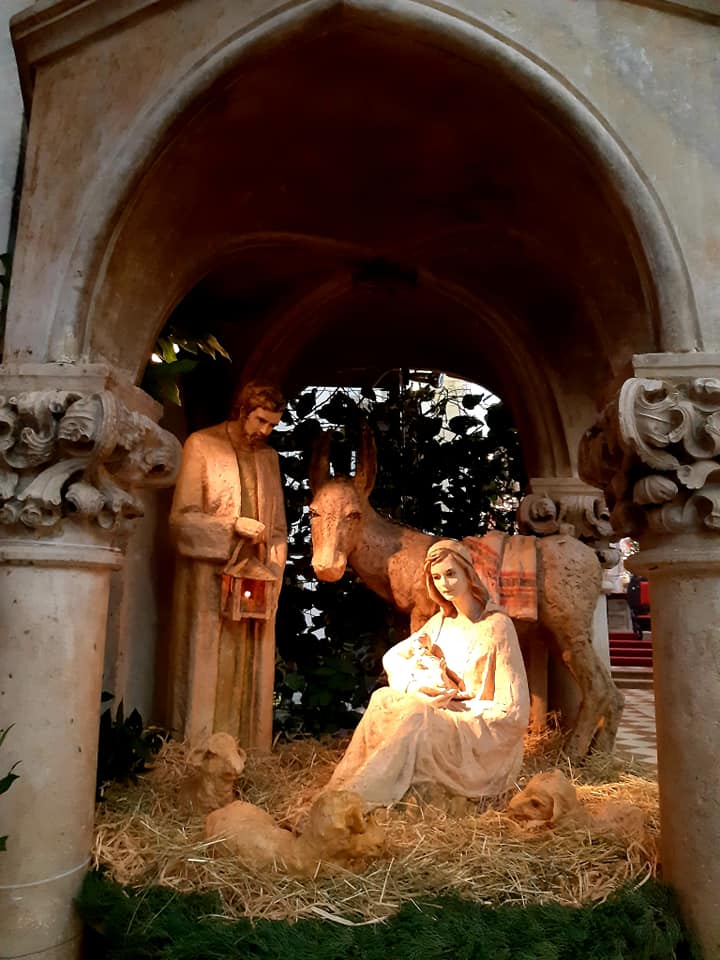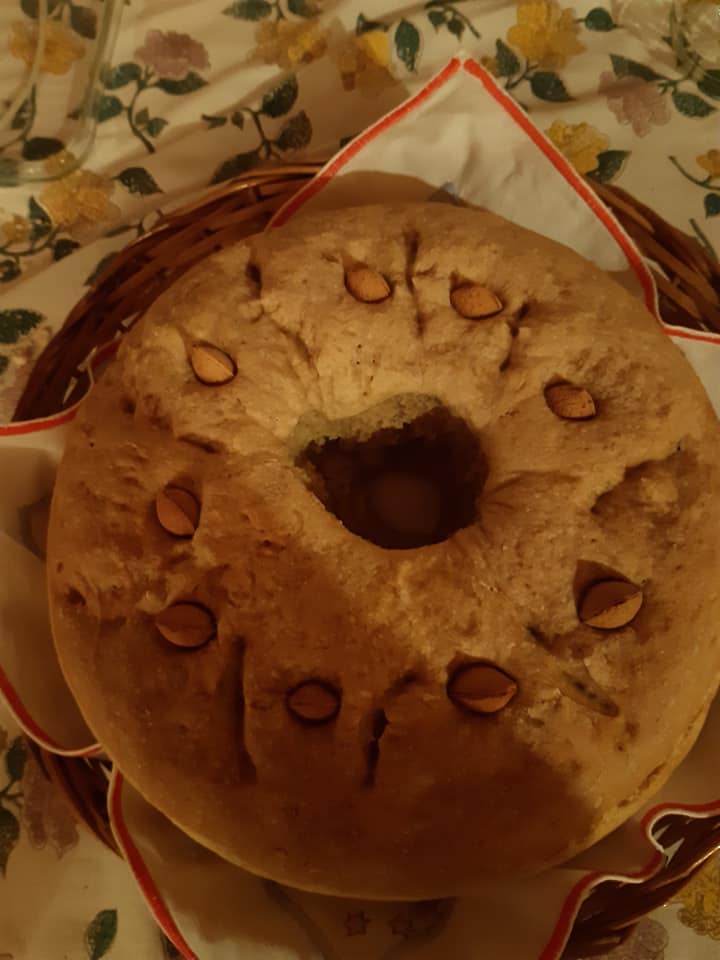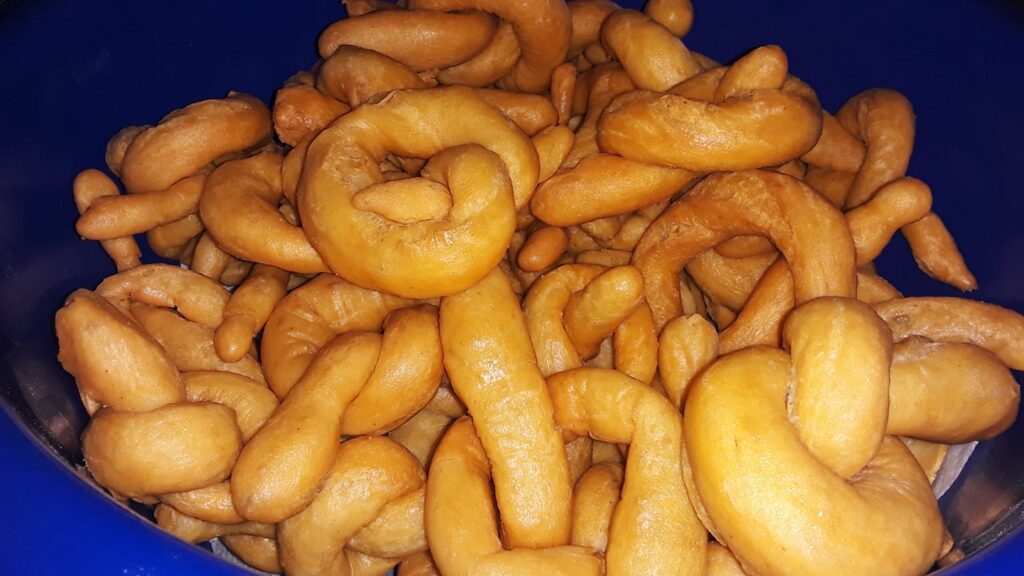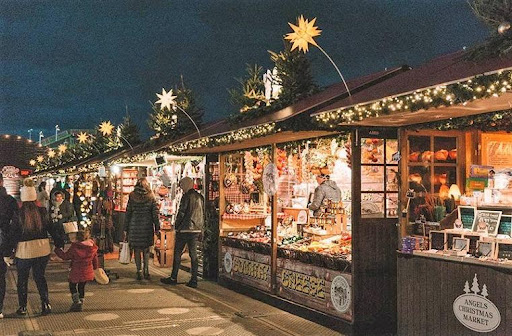March, 18th, 19th – The Municipality of Tavira promotes, between March and June, the program “Cachopo Open Days”, which consists of carrying out scientific research and dissemination activities aimed at the general public. Tours, workshops, cooking and conversations will take place in the parish of Cachopo. “Cachopo Open Days” addresses topics such as biodiversity, landscape, geodiversity, […]
Author Archives: Camilla.Unesco
It defines a set of investments and reforms that should contribute to the following dimensions: resilience, climate transition and digital transition. In Portugal, and following the approval of the Innovation Agenda for Agriculture 2020-2030, the call N.º 12/ C05-i03/2021 Sustainable Food, which is aimed at applications to the Emblematic Initiative 1 – Sustainable Food, aims […]
Island Hvar, Tuesday 28th February 2023 – The Viticulture Collection, founded in 1989, has been re-established in the renovated building of the former elementary school in the village of Pitve. This new museum space was designed with the desire to intervene the story of traditional viticulture on the island of Hvar with the organoleptic properties […]
12th Intergovernmental Meeting of the Representatives of the seven UNESCO Emblematic Communities of the Mediterranean Diet Agros (Cyprus), Brač and Hvar (Croatia), Soria (Spain), Koroni (Greece), Pollica (Italy), Chefchaouen (Morocco), Tavira (Portugal). Online 21st December 2022 National delegations: Croatia: Mirna Bojić and Mladen Kuhar (Ministry of Culture and Media) and Jelena Ivanišević (Institute of Ethnology […]
The Seminar “Challenges for Safeguarding and Enhancement of the Mediterranean Diet in the Territories”, held on May 31, 2022, aimed to present the results of the TerritorialMED Project – Safeguarding and Enhancement of the Mediterranean Diet in the regions, funded by the National Rural Network / PDR2020, and to give visibility to the important work started to […]
The Christmas season in Hvar begins with the Feast of Saint Nicholas on 6 December. Today, giving presents on this occasion is quite usual, unlike some fifty years ago when this custom was reserved only for the children of rich bourgeois families. Up until that time, the youngest inhabitants of Hvar were presented gifts only […]
Porojenje Jedino More Imat Vonj Od Pašuratih Choux pastry fritters – pašurate or fritule are the favourite Christmas dessert on the island of Hvar. It is a type of round fritters. On their presence on the island of Hvar and the etymology: the name originates from the long-extinct Dalmatian language (a variant of the vernacular […]
Like in many other countries of Europe, goblins (kalikantzari) chose the days of Christmas to make their scary and messy appearance! It is believed that they always come into the houses from the 25th of December till the 6th of January (when the Holy Spirit sanctifies the waters and sends them away). These hairy little […]
Christmas and New Year’s Day are gloriously celebrated. The streets, lighted and decorated, contribute to the cheerful atmosphere. On the eve of those two celebrations, early in the morning, children go from house to house to sing the Christmas carols accompanied by the sounds of the triangles. (Back in the old day, the lady of […]
Located in the Troodos mountain range, in Pitsilia region of Lemesos (Limassol) district, Agros sits at an altitude of 1.100 metres. The layout of this picturesque village resembles that of a theatre, embraced by the surrounding mountains. Each year, Agros is converted into a Christmas village with a distinct Mediterranean flavor and stalls with local […]

